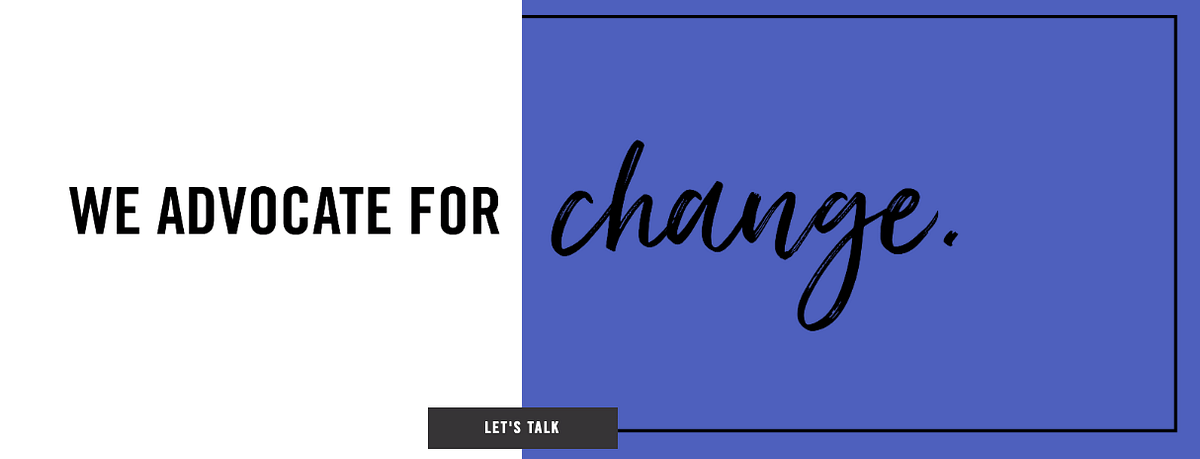
Jackie Bebenroth knows how hard it is for entrepreneurs to articulate the story of their brand. As the founder and principal of Muse Headquarters in Cleveland Ohio, a branding and positioning agency, she has spent over two decades helping companies find their voice and reach their potential.
In this exclusive interview, Bebenroth shares insights from her journey as an entrepreneur and brand builder. She reveals common mistakes founders make in communicating their value, and provides strategies to gain clarity and confidence.
The Problem of Being Too Close
Why do so many entrepreneurs struggle to explain what their business actually does? Bebenroth identifies two key factors.
First, passionate founders often assume everyone will be as excited as they are. In reality, you must actively earn people's attention.
Second, organic business growth can outpace brand messaging. Bebenroth compares it to personal maturation—the way you presented yourself as a teen is likely different than as a professional adult. Companies also need to evolve their brand as they develop.
“I find sometimes that business owners don't make that natural evolution,” she explains. “They might want to show up in the world and garner the price points of a more mature business, but their brand is still speaking like a teenager.”
The core issue is that entrepreneurs get trapped inside their businesses. Bebenroth calls it being “too close”—stuck in the weeds of daily operations, unable to step back and objectively assess the brand.
Her solution is a process called “productive distancing.” It involves asking strategic questions to uncover perspectives from both inside and outside the company. The goal is identifying shared perceptions that reveal the brand’s core value and strength.
Specializing to Increase Value
In a crowded marketplace, how can brands stand out? Bebenroth advises starting broad, then specializing over time.
“As an early stage business, for cashflow purposes, you're taking everything you can get,” she explains. “Somebody wants to buy pineapples, we sell pineapples. We also sell strawberries."
But the more focused your offerings become, the more valued your business appears. Specialization can be vertical (targeting an industry) or horizontal (offering specific services).
For Muse, this meant transitioning from a general marketing agency to specializing in brand strategy and content for food and wellness brands. The increased expertise commands higher pricing.
However, Bebenroth warns against niching in too quickly without testing assumptions. She shares a candid story of spending significant time and money targeting functional medicine, only to find that audience didn’t value what Muse offered.
Aligning Founder and Brand Growth
As a business scales, how can founders ensure they and their brand evolve in sync? Bebenroth acknowledges this takes courage and objectivity.
"Half of our work, we used to call our service brand therapy,” she says, “because we would have those types of intimate conversations with the entrepreneur to help them understand, where do you want to go as a person and how can your business align with that goal?"
Sometimes the company outgrows the founder. But this misalignment can be addressed through strategic planning.
The Power of Personal Branding
After building her agency for years, Bebenroth only recently began developing a personal brand. She initially saw it as ego-driven, but came to recognize its ability to expand her ideas.
“Every time I stand up on stage, I get a new lead,” she shares. “So there's a lot of business benefit to that as well.”
She hired her own positioning coach to shape her personal brand. Ironically, the concept they identified—productive distancing—was what Muse already practiced with clients.
Now Bebenroth spreads the methodology through speaking and will soon publish a book. For solopreneurs, having a personal brand alongside your company provides more opportunities to test new offerings and audiences.
Key Takeaways
Bebenroth distills decades of branding experience into several key lessons for founders:
- Clearly articulate your brand narrative—what you sell, how it provides value, and why it matters. Avoid assuming people see your passion.
- Use “productive distancing” to gain an outside perspective on your brand’s core strengths.
- Specialize over time to increase perceived value, but test assumptions before going too niche.
- Have courageous conversations to ensure you and your brand align as you both grow.
- Build a personal brand to expand your ideas beyond just your company.
- Stand for something memorable so prospects think of you when they need your offerings.
By taking a confident yet flexible approach to branding, founders can ensure their business and personal stories evolve to connect with the right audiences. Bebenroth provides the questions to ask and frameworks to find your most authentic voice.

